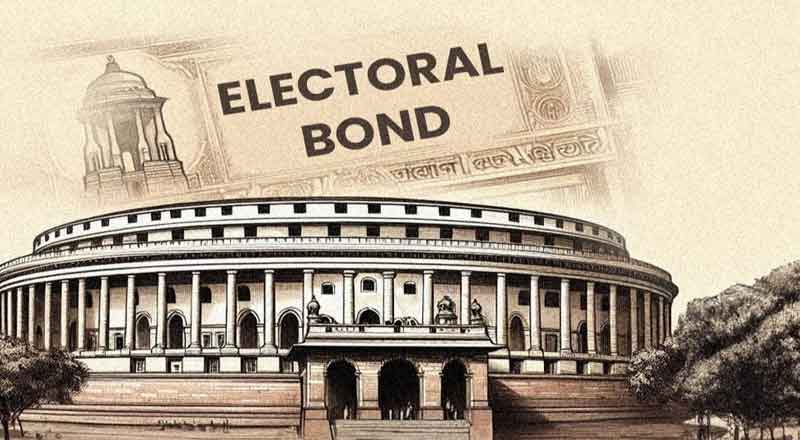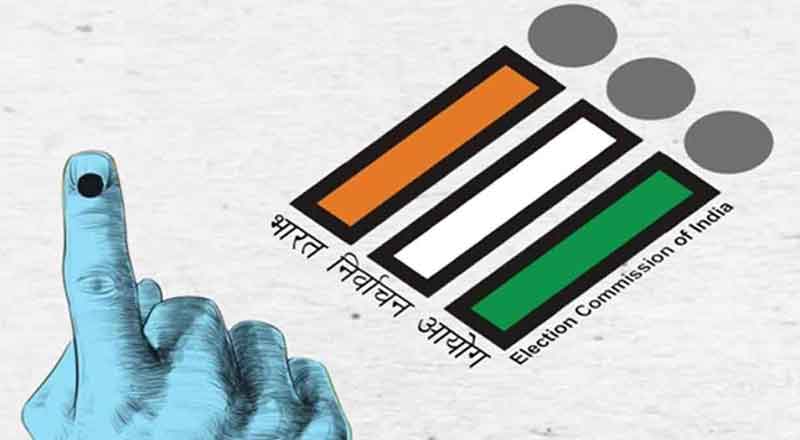- Electoral Bonds Expose Political Funding Landscape in India.
- Future Gaming and Hotel Services Takes the Lead.
- Industry Titans Among Top Donors, Diverse Range of Donors.
-
BJP Leads in Donations, a wide spectrum of Beneficiary Parties.
-
Individual Donors Make Their Mark with varied Purchasing Patterns.
- Reliance Industries and Adani Group did not feature among the list of donors.
The recent release of detailed data by the Election Commission of India (ECI), in compliance with the Supreme Court’s directive, sheds light on the intricate web of electoral funding through bonds. The State Bank of India (SBI) submitted the data, showcasing a comprehensive overview of contributions from a myriad of sources to various political parties. Here are the top 10 revelations gleaned from this extensive dataset:
Despite being relatively unknown in public discourse, Future Gaming and Hotel Services emerged as the largest purchaser of electoral bonds, investing a staggering ₹1,368 crore. This figure surpasses contributions from many well-established corporate entities, drawing attention to this lesser-known player.
Renowned industry magnates such as Lakshmi Mittal of the steel industry, Sunil Bharti Mittal of Bharti Airtel, and Anil Agarwal of Vedanta, feature prominently among the top donors. Additionally, established firms like ITC, Mahindra and Mahindra, DLF, and others contributed significantly to political funding through electoral bonds.
The list of donors extends beyond big names to encompass a diverse array of companies including Grasim Industries, Piramal Enterprises, and Apollo Tyres, among others, highlighting the breadth of contributors involved in electoral financing.
The ruling Bharatiya Janata Party (BJP) emerged as the primary beneficiary, receiving ₹6,566 crore, which accounts for 54.77% of total donations through electoral bonds. This substantial lead over other parties underscores its financial dominance in political funding.
Apart from the BJP, a multitude of political parties across the ideological spectrum redeemed electoral bonds, including the Congress, Trinamool Congress, and various regional parties, reflecting the diverse landscape of political financing in India.
Notable individual donors such as Kiran Mazumdar Shaw, along with lesser-known names like Varun Gupta and Jainendra Shah, made significant contributions, indicating the involvement of both corporate entities and individuals in electoral funding.
The data reveals diverse purchasing patterns, with entities like Qwik Supply Chain Pvt Ltd and Haldia Energy making substantial investments in electoral bonds, alongside individual purchases by organizations like Bajaj Auto and SpiceJet.
Electoral bonds were purchased between April 1, 2019, and February 15, 2024, with the majority being redeemed by political parties. Bonds not encashed within 15 days were transferred to the Prime Minister’s National Relief Fund, ensuring transparency in the process.
Despite their prominence in the business landscape, Reliance Industries and Adani Group did not feature among the list of donors, raising questions about their stance on political funding through electoral bonds.
The release of electoral bonds data prompted Congress to raise concerns about apparent discrepancies in the number of entries between donors and recipients, signaling the need for further scrutiny and transparency in the electoral funding process.
The unveiling of electoral bonds data provides crucial insights into the dynamics of political financing in India, highlighting the involvement of diverse stakeholders and underscoring the importance of transparency and accountability in electoral funding mechanisms.
(With inputs from agencies)





